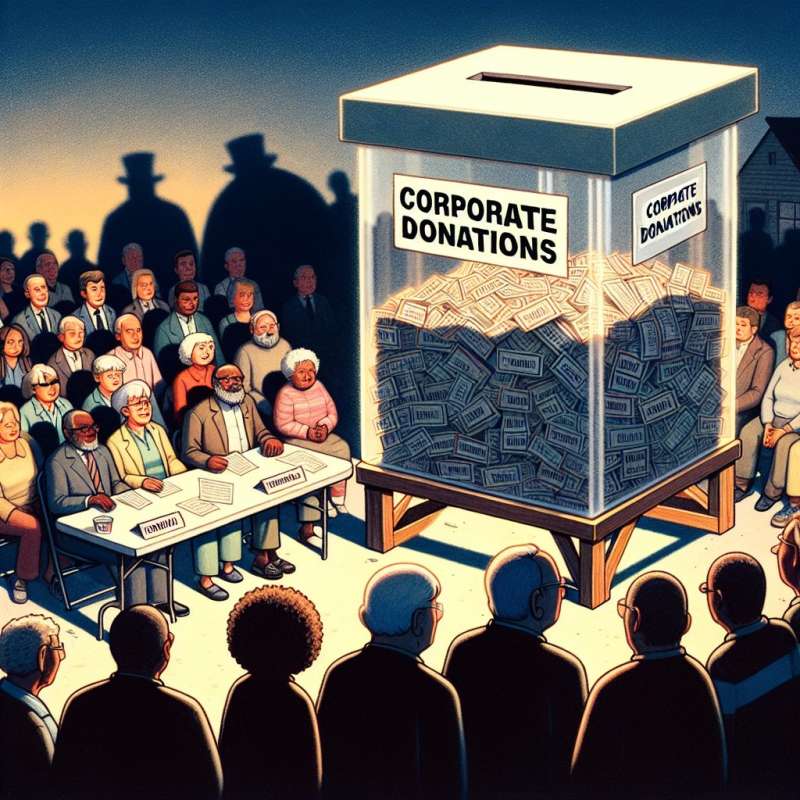
Democracy's Inherent Paradox
Democracy balances majority rule with minority rights. However, the ‘tyranny of the majority’ can emerge, oppressing minority groups despite democratic principles advocating equality and freedom. This paradox challenges the very core of democratic ideals.
Populism's Rise and Risks
Populist movements can subvert democratic processes by promoting divisive or simplistic solutions to complex problems. Populists often exploit public fears, undermining democratic institutions and eroding the rule of law in favor of charismatic leadership.
Misinformation's Impact on Democracy
The proliferation of misinformation can distort the public's ability to make informed decisions, a cornerstone of functional democracy. Social media amplifies this challenge, spreading falsehoods rapidly and influencing elections and public opinion.
Unequal Participation in Voting
In many democracies, voter turnout disparities reflect socioeconomic, racial, or educational inequalities. This unequal engagement can skew representation and policy outcomes, favoring the interests of consistent voting blocs over the general population.
Campaign Finance Disparities
Democratic elections are often influenced by campaign funding. Wealthy entities can disproportionately affect political discourse and election outcomes through financial contributions, raising concerns about the principle of 'one person, one vote'.
Flawed Electoral Systems
Electoral systems like 'First Past the Post' can lead to unrepresentative outcomes where the distribution of seats doesn't reflect the popular vote. Proportional representation systems aim to correct this but can also lead to fragmented legislatures.
Short-Termism in Policy Making
Democratic governments, facing regular elections, may prioritize short-term gains over long-term strategies. This can result in policies that offer immediate benefits to the electorate but neglect long-term challenges such as climate change or fiscal sustainability.
What does democracy paradoxically risk?
Minority oppression by majority
Totalitarian rule by elites
Global economic stability
Company